Search
Search Results

Image
Indian Girl in White Blanket
Indian Girl in White Blanket, painting by Robert Henri, 1917.
Corcoran Gallery of Art, Washington D.C.
Photo by Daderot.
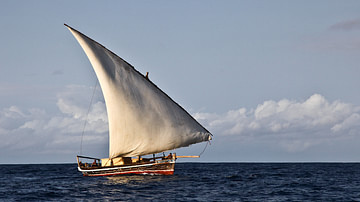
Definition
Swahili Coast
The Swahili Coast on the shores of East Africa was a region where Africans and Arabs mixed to create a unique identity from the 8th century called Swahili Culture. Swahili is the name of their language and means 'people of the coast.' The...

Definition
Treaty of Tordesillas
The 1494 Treaty of Tordesillas (Tordesilhas) was an agreement between the monarchs of Spain and Portugal to divide the world between them into two spheres of influence. The imaginary dividing line ran down the centre of the Atlantic Ocean...

Article
The Early History of Clove, Nutmeg, & Mace
The spices clove, nutmeg, and mace originated on only a handful of tiny islands in the Indonesian archipelago but came to have a dramatic, far-reaching impact on world trade. In antiquity, they became popular in the medicines of India and...

Article
European Discovery & Conquest of Sri Lanka
The island of Sri Lanka (formerly known as Ceylon) became a focus of European attention soon after the Portuguese entry into the Indian Ocean in the late 15th century. Large swaths of the island would come first under Portuguese control...
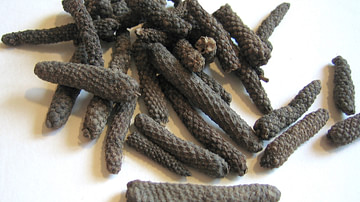
Article
Middle Eastern Power Shifts & the Trade of Pepper from East to West
Pepper has long been the king of spices and for almost 2,000 years dominated world trade. Originating in India, it was known in Greece by the 4th century BCE and was an integral part of the Roman diet by 30 BCE. It remained a force in Europe...
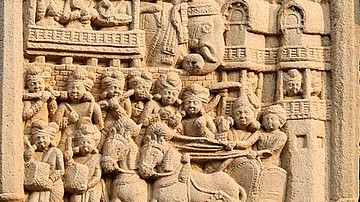
Definition
Ajatashatru
Ajatashatru (c. 493/492 BCE - c. 462/460 BCE) was the second important king of the Haryanka Dynasty, who came to the throne of Magadha by deposing and executing his own father Bimbisara. The Haryanka Dynasty (c. 545/544 BCE - c. 413 BCE...

Definition
Shishunaga Dynasty
The Shishunaga Dynasty (also Sishunaga/Shaishunaga Dynasty) ruled the Magadha Kingdom in ancient India from c. 413 BCE to c. 345 BCE (in some sources from 421 BCE). It is said to be the third imperial dynasty of Magadha after the Brihadratha...
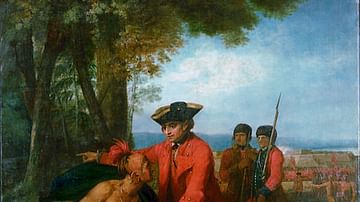
Image
General Johnson Saving a Wounded French Officer From the Tomahawk of a North American Indian
Sir William Johnson saves the life of French General Baron Dieskau after the Battle of Lake George, 1755, oil on canvas painting by Benjamin West, between 1764 and 1768.
Derby Museum and Art Gallery.
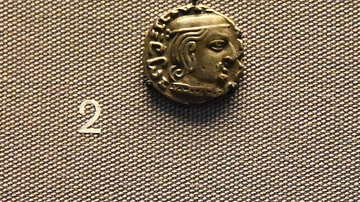
Image
3rd Century CE Indian Coin with Date
In the ancient world, some coins had dates on them. giving us precise information as to when people ruled. These coins are inscribed with dates, so they give fixed points in the chronology of ancient states, to which other evidence can be...